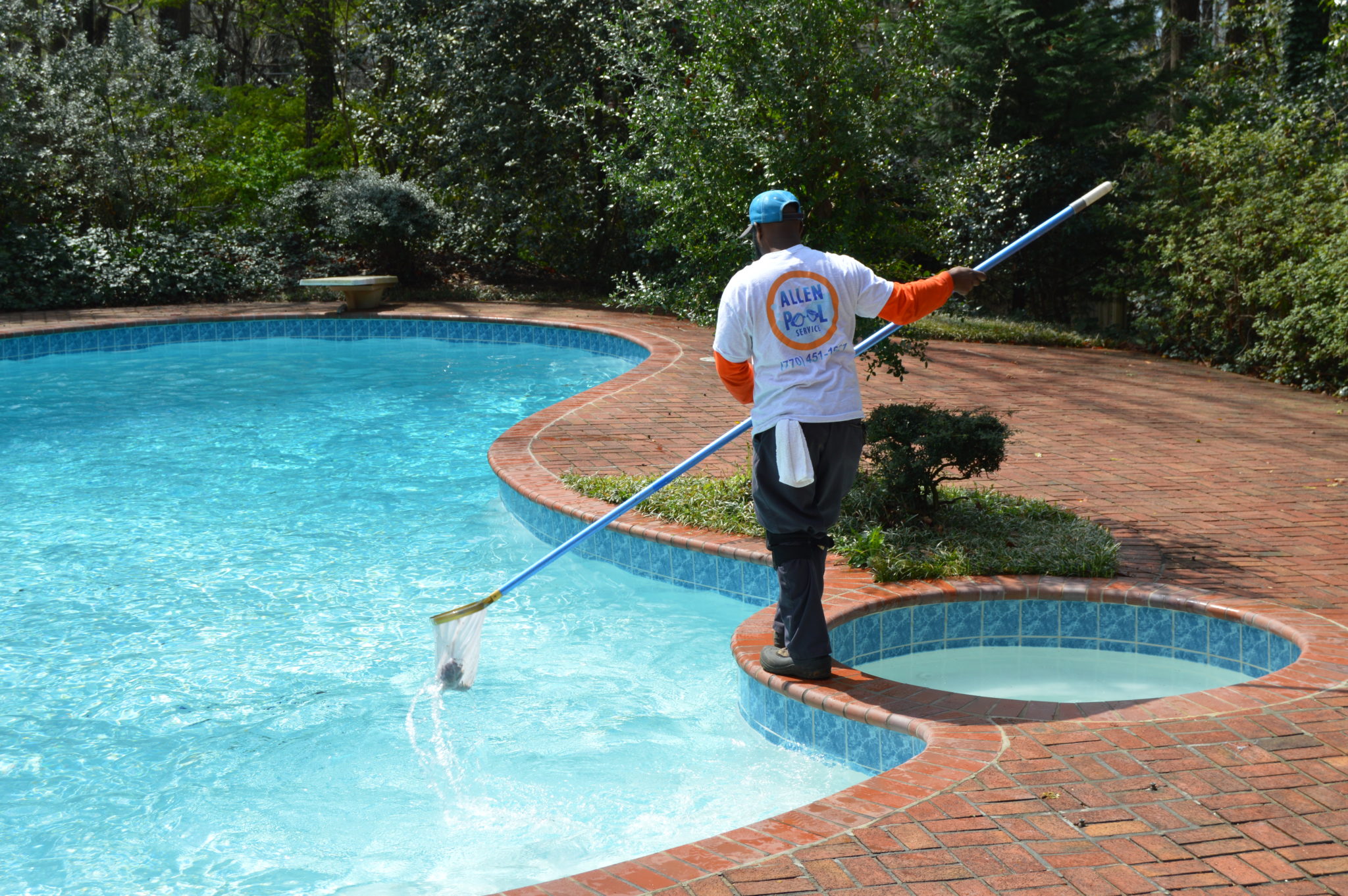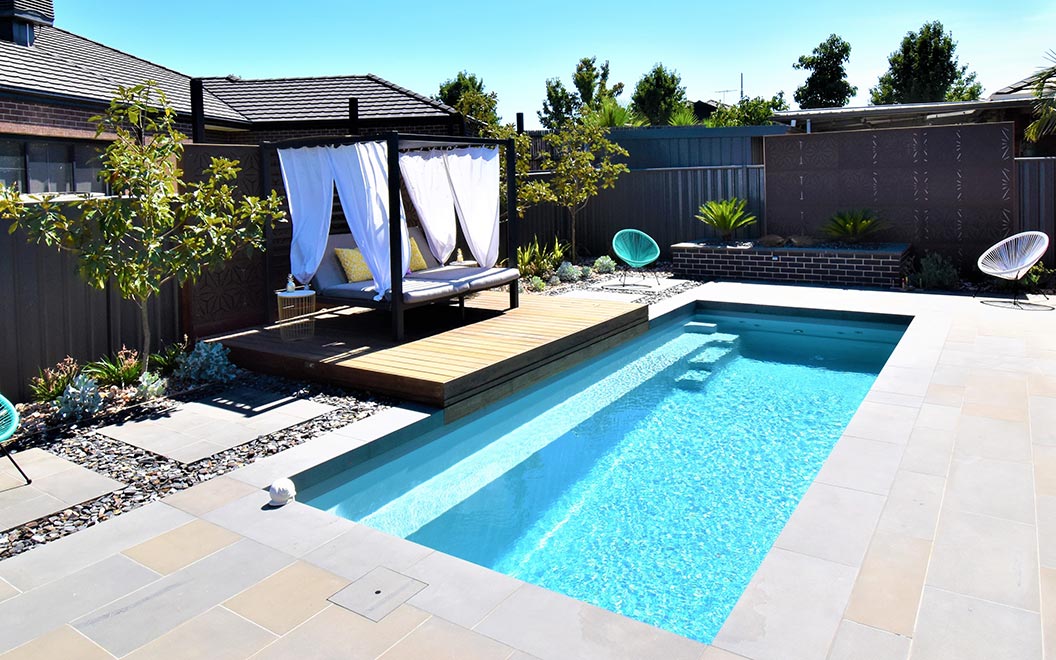
Contrary to popular belief, a pool maintenance service company is much more than just a seasonal operation. This is because they make at least one weekly visit to pools in their lines on their scheduled routes throughout the summer months. As an example, a company that offers pool maintenance services throughout March might not make one single weekly trip to a pool in the months of April and May. The amount of time varies depending on the route and the location of the pools being serviced.
Pool maintenance technicians use a variety of cleaning solutions and chemicals in order to keep pools clean. When doing so, pool owners should understand that not all of the solutions and chemicals are safe for use in each specific pool. Some chemicals such as chlorine may be too harsh or dangerous for the delicate skin structures around the eyes and lips. Skin irritation is another common problem that can come from swimming in chlorinated pools. However, this problem can often be avoided by using a pool maintenance technician who can explain to potential customers why a particular chemical is used in the cleaning solution.
Another key aspect of pool maintenance is pool maintenance equipment. Most homeowners want to minimize the use of pool chemicals in order to save money. Many homeowners also want to promote environmental friendliness, which means they don’t like to add chlorine to the water in the first place. With so many chemicals to choose from, choosing the right one for a specific situation can be a bit confusing. However, a knowledgeable technician can help pool owners find the right pool maintenance equipment for their needs.
There are many pool maintenance services that offer a wide range of solutions to help keep pools clean. However, one of the best ways to protect pools from algae buildup is by removing it as soon as possible once they are noticeable. Although algae can form on any surface, the most prevalent places include walkways, pool decks, and steps.
A good pool maintenance program will include maintenance checks at least twice each year. During these checks, pool owners will be able to spot major problems before they become too big to handle. Pool owners should be prepared to do routine maintenance inspections on walkways, decks, and steps at least quarterly. They may also choose to have more frequent inspections of pool decks and steps, depending upon how frequently the family utilizes the area. These inspections can be very informative and can help the pool owner to identify areas of concern.
The number one way to help prevent algae build-up is through proper chemical balance. Proper balance helps eliminate bacteria, which in turn keeps the water clear and safe to swim in. Properly functioning pools are a great source for recreational activities and an essential part of the home. Unfortunately, if a pool is not properly maintained, it can create unnecessary wear and tear on the homeowner’s property. Skimming, which is the most common method of pool maintenance, is usually the most expensive and time-consuming way to maintain pools.
Pool owners must first assess the amount of money they are willing to invest in skimming. Most skimmers require chemicals, pumps, and other specialized attachments. A professional skimmer will also need to inspect the pool water after each use to check for debris and algae buildup. Skimming also requires the use of specialized equipment. In order to effectively skim a pool, professionals need to carefully inspect the pool water and calculate the amount of pool water to be skimmed.
Another type of pool maintenance service that many homeowners overlook is pump and filter maintenance. The owner usually only thinks about pumping out dirty or excess water from the pool during a weekly service. Properly functioning pumps and filters are equally as important to maintain a healthy pool as proper electricity, water temperature and sanitary conditions are to ensuring a clean and safe pool. Skim, filter, and pump inspection should be scheduled yearly.


